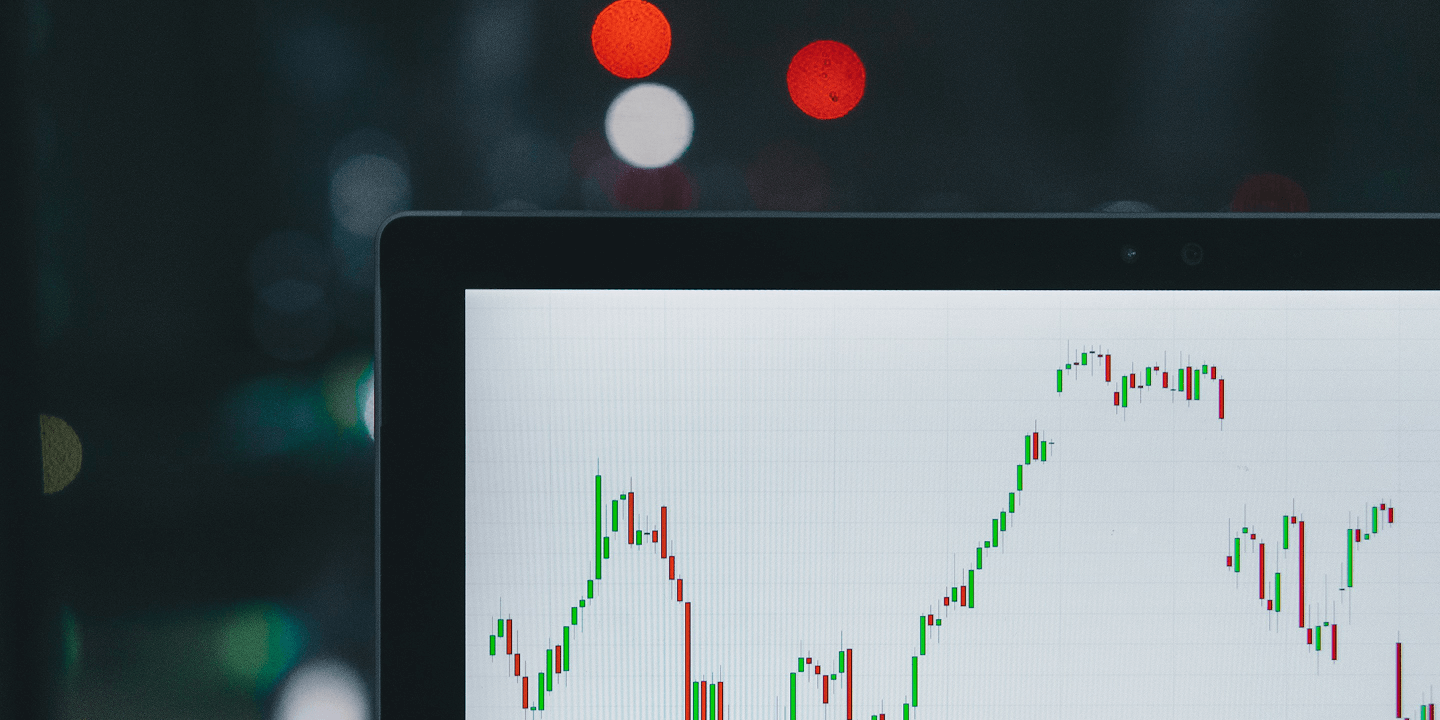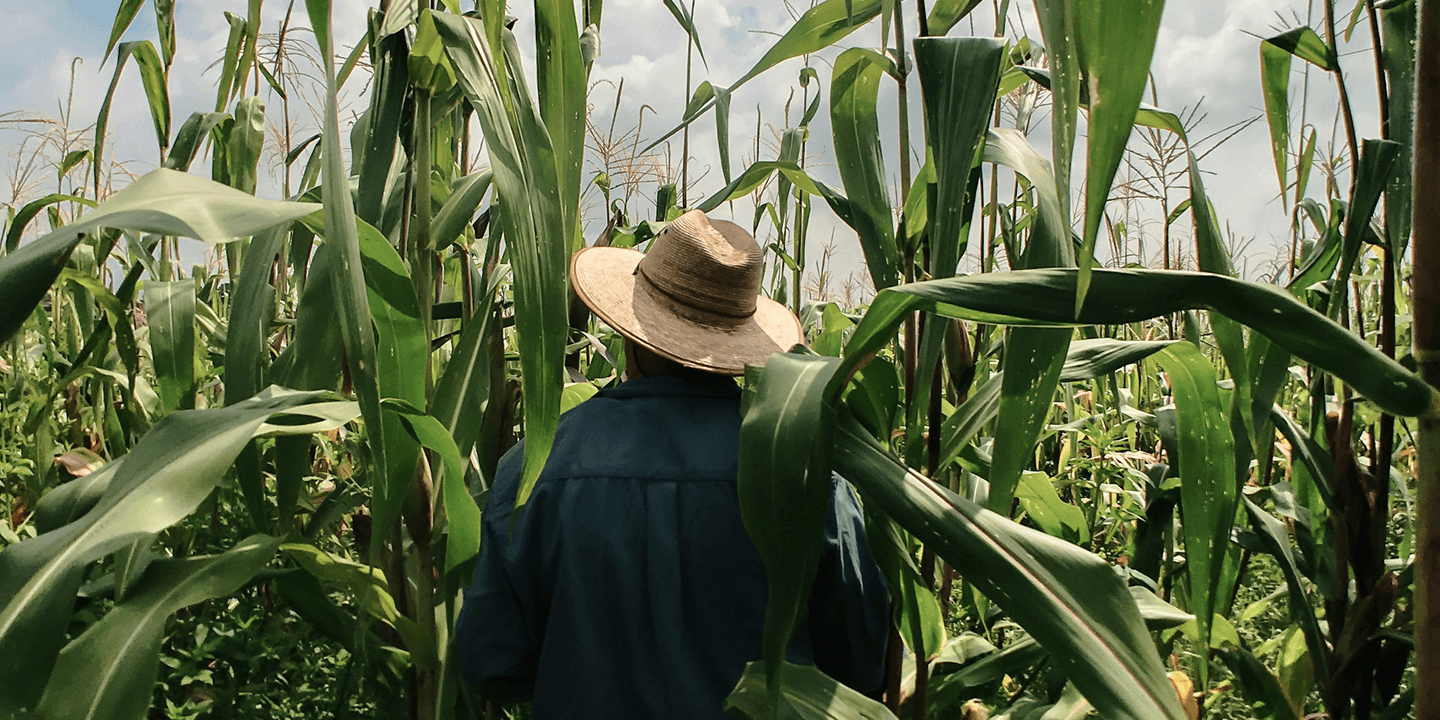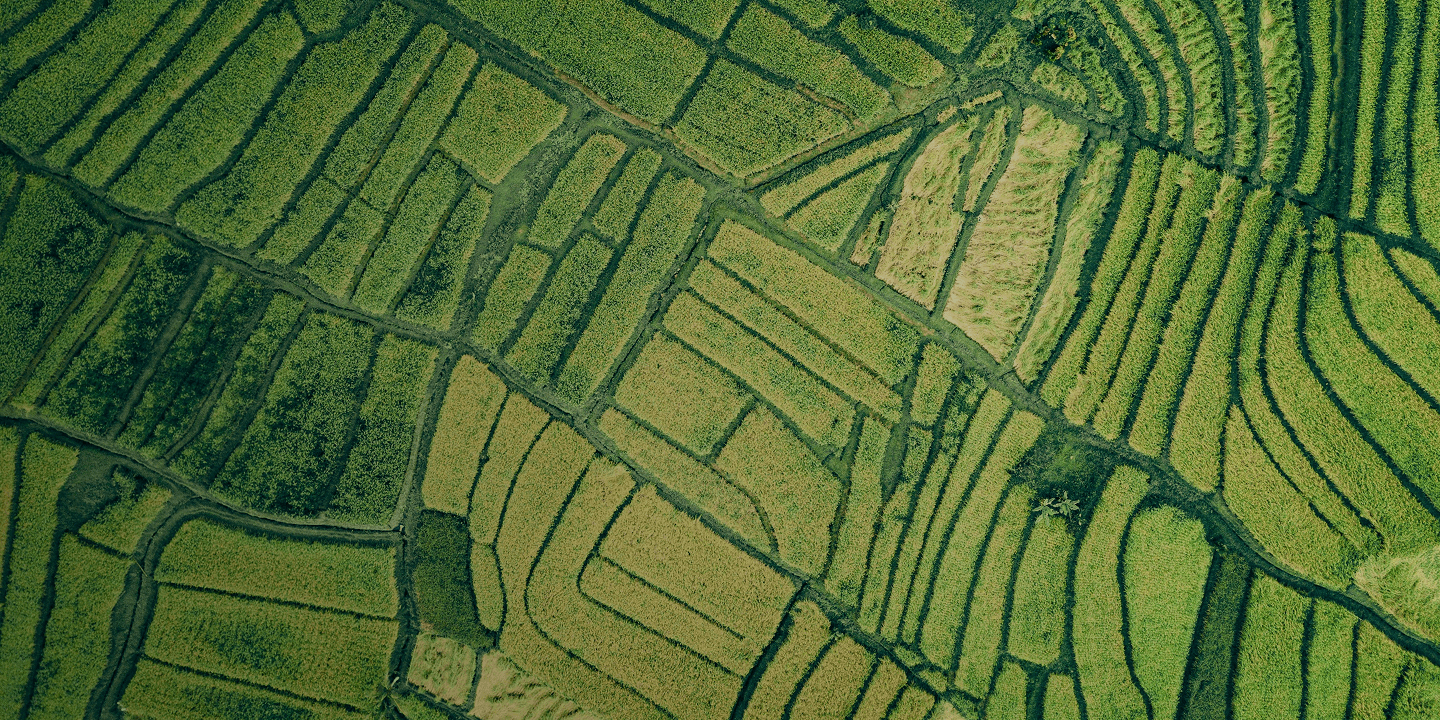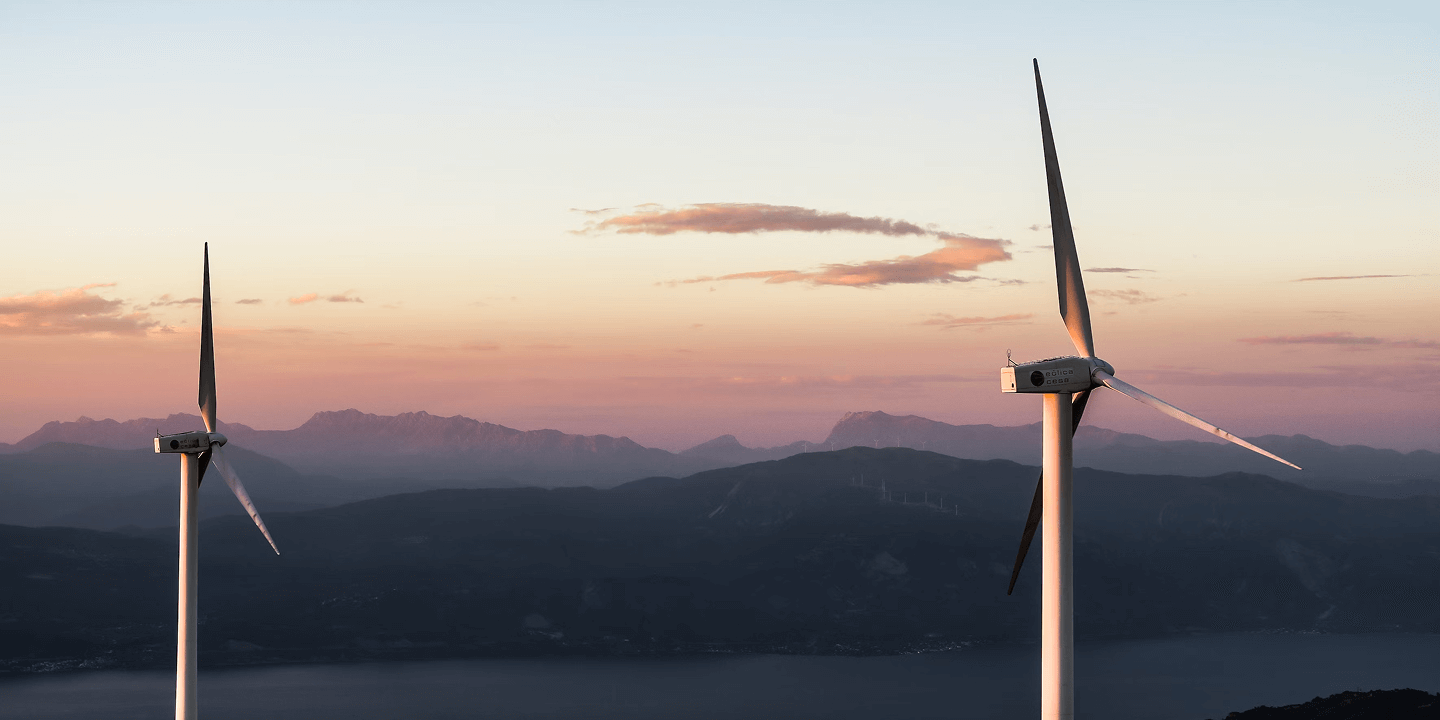The beginning of the new year brings with it changes to Singapore’s carbon tax policy. As of 2024, the carbon tax rate has risen five-fold to S$25 per tonne of emissions. This will increase to S$45 per tonne in 2026 and 2027, with a view to reach S$50-80 per tonne of emissions by 2030.
Carbon taxes are a strong way to ensure companies have the right incentive to decarbonise and set in place more ambitious climate change mitigation strategies.
Under the tax scheme, Singapore-based tax-liable companies can use international carbon credits (ICC) to meet up to 5% of their taxable emissions. In order to qualify as an ICC, projects must adhere to the Eligibility Criteria set out by the National Environment Agency (NEA) and have certified emissions reductions or removals occurring between 1 January 2021 and 31 December 2030.
Companies can source for eligible projects under Implementation Agreements that Singapore has or will come to ink with other countries. As of December 2023, Singapore signed its first Implementation Agreement with Papua New Guinea. The country has also concluded substantive negotiations with Bhutan, Ghana, Paraguay, and Vietnam; as well as signed Memoranda of Understanding (MoUs) on carbon credits collaboration with Cambodia, Chile, Colombia, Dominican Republic, Fiji, Kenya, Mongolia, Morocco, Peru, Rwanda, and Sri Lanka.
Presently, Papua New Guinea is the only source of eligible ICCs. This will however change as more Implementation Agreements are inked. Furthermore, with NEA planning to review its whitelist annually to include or remove projects, it is important for companies to keep up to date on relevant changes ahead of the reporting period. For the current financial year, companies have up till June 2025 to report on the projects they intend to use in 2024.
At CIX, we keep a finger on the pulse of new developments in the global carbon markets. If you are finding it challenging to grasp the universe of ICCs and eligible projects under Singapore’s carbon tax scheme or have any questions on this matter, we are here to help.
Reach out to us at community@climateimpactx.com if you’re keen to learn more or if we could help with your search for eligible and quality ICCs!











